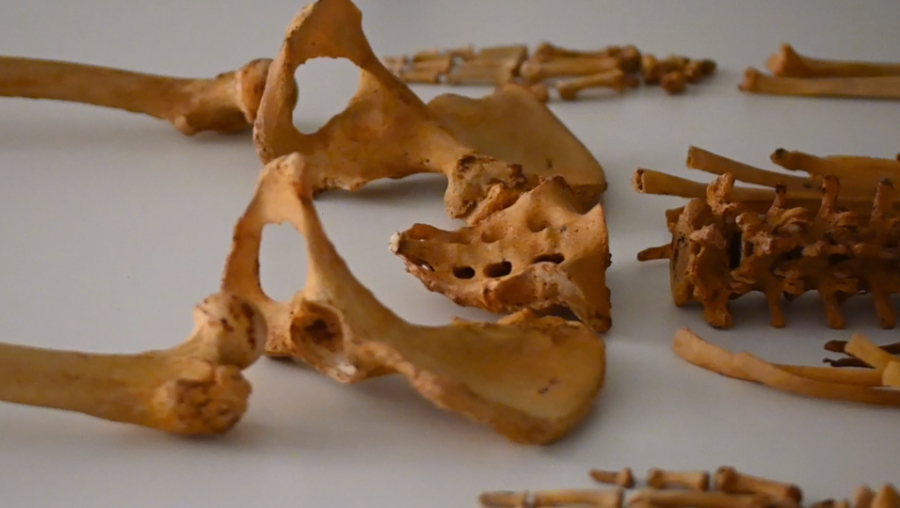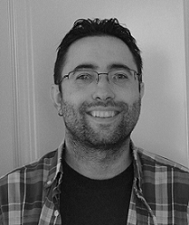Sex and Age-at-Death Estimation with Explainable AI and Deep Learning | Online Event
Published on November 12, 2022
Written by Sebastian Kaiser

Generally, sex and age estimation is performed by means of numerical/tabular data obtained from the manual measurement of the bones of interest or by visual observation, description, and classification of morphological features into development or degenerative phases. The former is time-consuming and error-prone while the latter is highly subjective and requires extensive prior experience from the observer.
On the one hand, our goal is to design decision support systems based on Explainable Artificial Intelligence techniques allowing us to systematize the existing methods as well as automatically design new component-based age-at-death estimation methods. In both cases, we aim that the designed methods are accurate, that is, provide accurate estimations, and are also able to justify the decisions taken in a human-comprehensible way.
On the other hand, the success of a series of Artificial Intelligence techniques, known as Deep Learning (DL), in image analysis problems encourages us to use these techniques in estimating sex and age. These techniques allow the estimation to be carried out completely automatically from images, reducing time and increasing the objectivity and reproducibility of the identification processes, equaling or even improving the performance of human experts.
Oscar Cordón (Ph.D.) has been a professor at the University of Granada (Spain) since 2011. He is also part of the 1% of most-cited researchers in the world and in the Top 2% of most-cited researchers in the world in the area of Artificial Intelligence.
Pablo Mesejo (Ph.D.) has been a professor at the University of Granada (Spain) since 2018. His research focuses is the analysis and design of machine learning, computer vision, and computational intelligence methods, mainly related to the biomedical domain.
Oscar Cordón and Pablo Mesejo talk about the research carried out by Panacea Cooperative Research in collaboration with the University of Granada.
This event took place on December 13th. The recording is available above.


